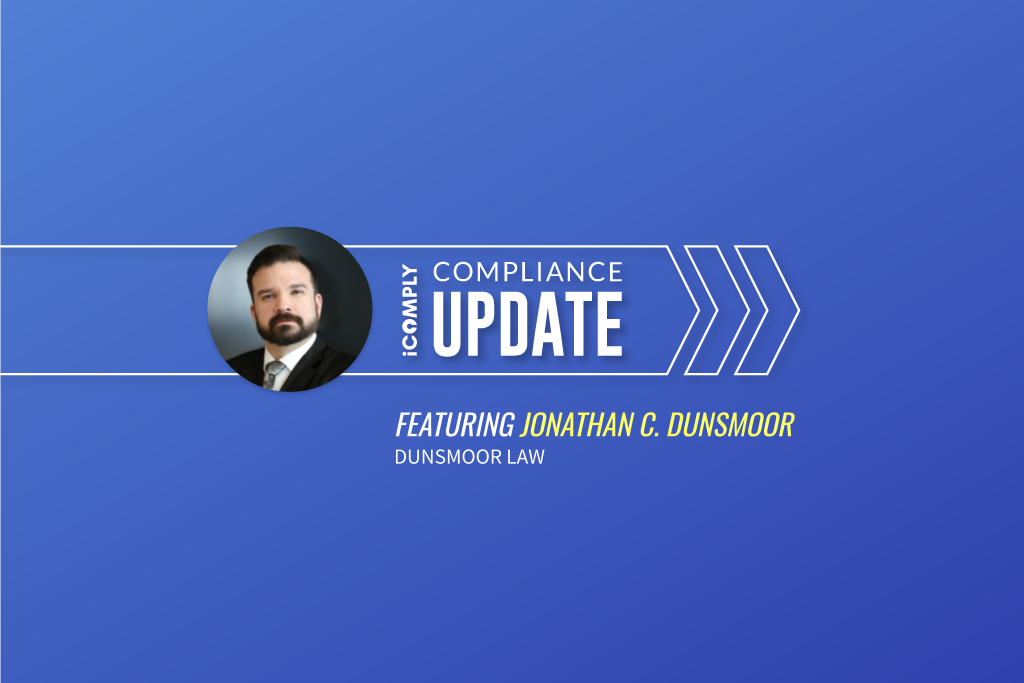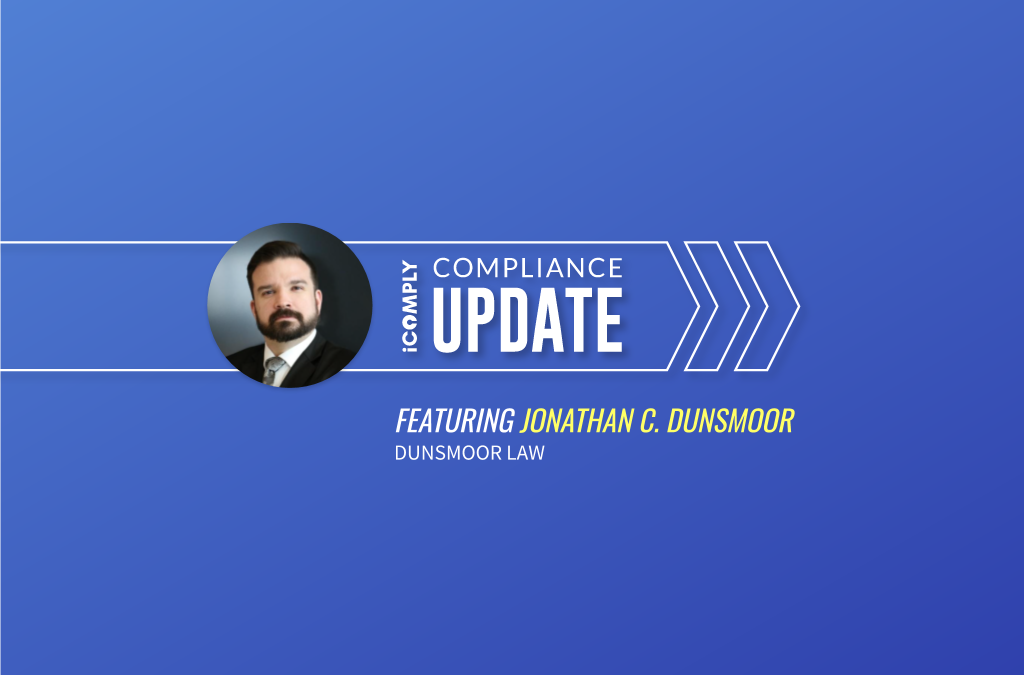12 Month Review of Revised FATF Standards – Virtual Assets and VASPs

Jonathan C. Dunsmoor of Dunsmoor Law, P.C. discusses the impact of the 12-month review of the revised FAFT standards on the virtual asset industry
What happened?
Overall, both the public and private sectors have made progress by implementing the newly revised FATF Standards, where 35 out of 54 jurisdictions are implementing FATF Standards. Even though there are still issues that need to be addressed, there has been no clear indication of a need to make amendments to the FATF Standards as of yet. This may change dramatically in the coming months, given the recent rise of Decentralized Exchanges (“DEX”) such as Uniswap.
What types of stakeholders will be impacted by this?
Anyone involved with the transmission of virtual currency needs to be aware of the FATF Standards and the applicability both locally and globally to their business operations. This is true regardless of whether the business is in the traditional money services business or in the virtual assets industry.
Why does this matter?
The reason for working diligently to maintain and improve upon these standards is simply to facilitate larger, more compliant business protocols globally. If the proliferation of terrorist financing and/or money laundering can be reduced, then the facilitation of greater access to investment opportunities can arise where transmission standards are respected and maintained.
Does this update/change create new opportunities? If so, what might they be?
Yes, the changes in the implementation and constant movement in technology regarding virtual assets will provide opportunities for further development of risk assessment departments in businesses, and the training and implementation of new technology tools will create a need for experts in these technologies and related industries. This is especially true for new asset classes and key threshold signature wallets.
Does this change create new risks for industry stakeholders? If so, what should they be looking out for?
No, these changes do not create new risks; however, changes in how virtual assets and VASPs are being used do create unknown risks that either have not been identified or lack the option for prevention due to the revised FATF Standards not being implemented within their jurisdiction. If a business engages with virtual assets and/or VASPs, it must be compliant with the law.
How does this impact compliance teams, and what can they do to stay ahead of the regulatory requirements?
There will be a wider need for deeper understanding in terms of the revised FATF Standards, as well as an understanding of the risks associated with virtual assets and VASPs. With the
changes in technology implemented by these avenues, it creates a demand for knowledge on tools and techniques to either prohibit or hinder the use of VASPs. The key will be staying abreast of new knowledge, sharing information, and implementing techniques that have been suggested by other members.
What can management teams or boards of directors do to stay ahead of these changes?
As mentioned, staying abreast of new knowledge presented in regards to the revised FATF Standards, sharing information among teams and the board, and making sure the Board of Directors is doing their due diligence in gaining information from other businesses that are using VASPs.
What can service providers do to help their clients stay ahead of these changes?
Service providers can start by implementing preventative measures under the FATF Standards. It’s important to have an idea of the client…that way, a service provider can perform their due diligence in reporting suspicious activity, screening for compliance issues, and keeping detailed records of their clients’ activities. It is highly recommended that internal protocols be developed and followed, especially for VASPs. This includes cross-border transactions as well as adherence to local laws regarding money transmission.
This information is for educational purposes only and does not constitute legal advice. Please seek competent legal counsel for specific questions or concerns regarding FATF or any topics discussed herein.
Author — JONATHAN C. DUNSMOOR
Jonathan C. Dunsmoor, Esq. is a U.S. corporate attorney who focuses his practice on securities law and regulatory matters, including compliance protocols for blockchain-related offerings, asset management, and corporate governance. He represents private companies wishing to raise funds, including those exploring blockchain/cryptocurrency opportunities, as well as angel investors and investment funds. Jonathan is Senior Of Counsel for the New York-based Reid & Wise, LLC with offices in San Francisco and Shanghai.
learn more
Is your AML compliance too expensive, time-consuming, or ineffective?
iComply enables financial services providers to reduce costs, risk, and complexity and improve staff capacity, effectiveness, and customer experience.
Request a demo today.
Overcoming Challenges in Customer Due Diligence
Customer Due Diligence (CDD) is vital for financial institutions, but it comes with several challenges. Understanding these challenges and implementing effective solutions is crucial for maintaining robust CDD processes. This...
Implementing Effective Customer Due Diligence Practices
Implementing effective Customer Due Diligence (CDD) practices is essential for financial institutions to manage risks and comply with regulatory requirements. This article explores best practices for CDD implementation and...
The Essentials of Customer Due Diligence
Customer Due Diligence (CDD) is a fundamental component of the compliance framework for financial institutions. It involves verifying the identities of customers, assessing risks, and monitoring transactions to prevent money...












